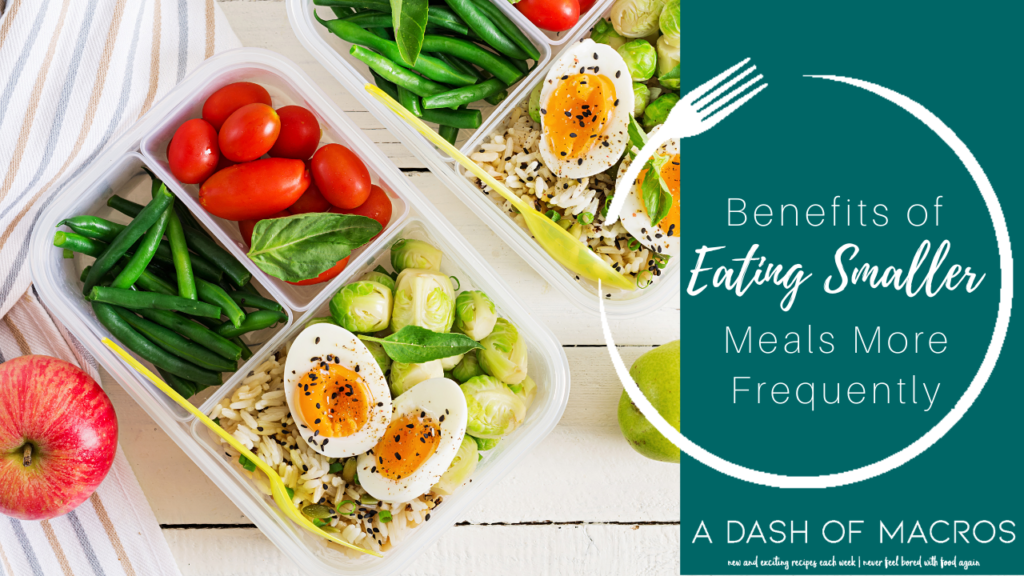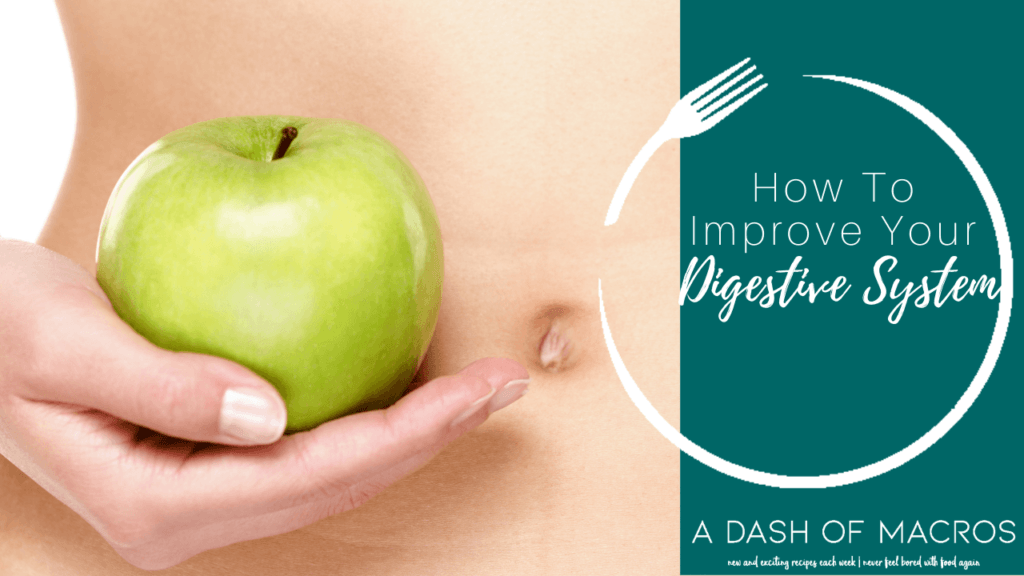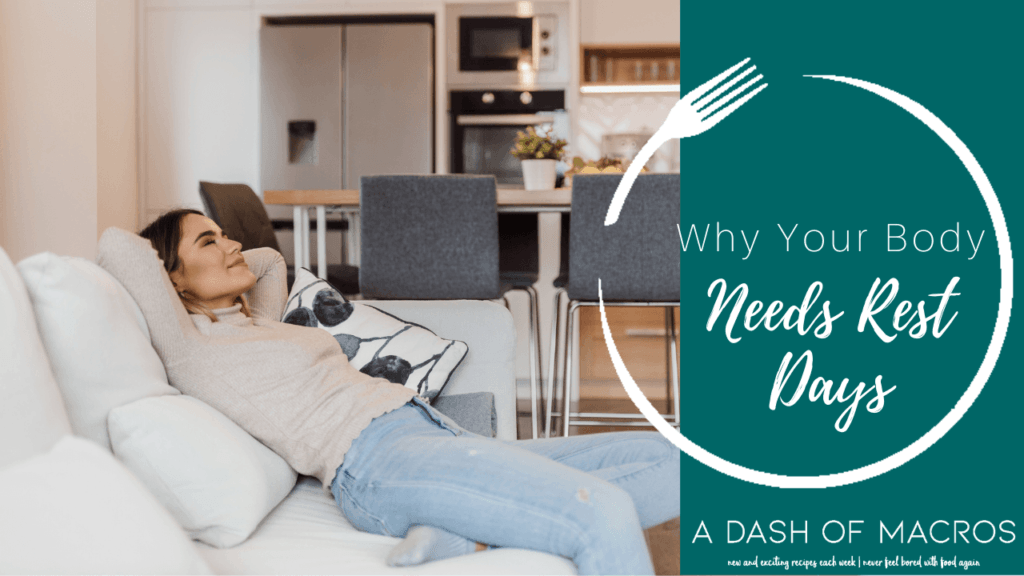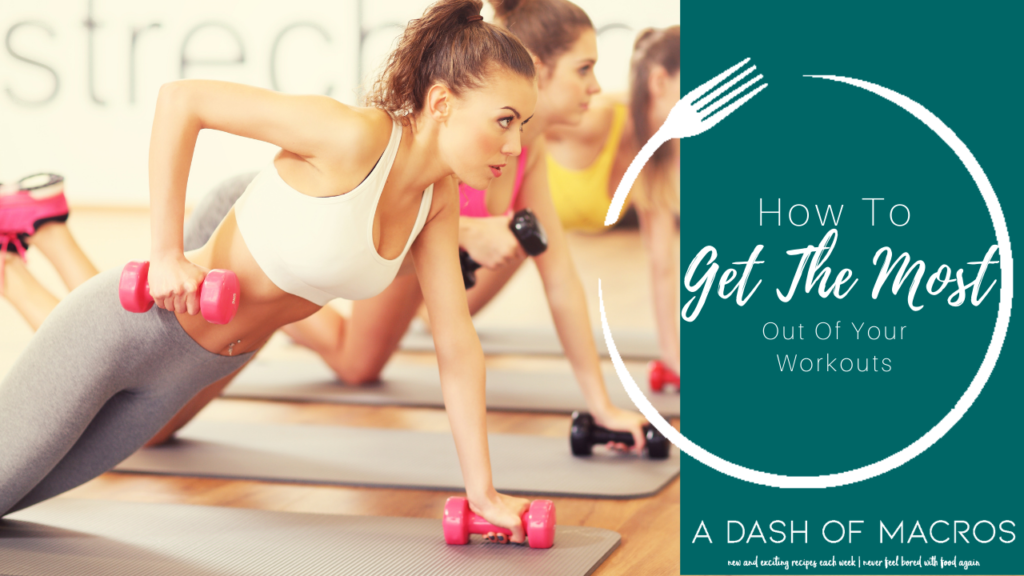Benefits of Eating Smaller Meals More Frequently


I am sure that you have heard eating smaller meals more frequently is better, but do you know why?
Traditional Eating:
Breakfast, Lunch, Dinner…The traditional way of eating and the common way most people eat. If you follow this way of eating do you find yourself feeling sluggish after a meal? Or maybe you feel bloated like you ate too much? This is because your body is struggling to digest the larger portions that come with eating only three times per day.
So How Is Eating Smaller Meals More Frequently Better?
Digestion:
Smaller meals are going to help your body by aiding in the digestion process. By feeding your body smaller meals you are making digestion easier. It takes blood-flow to promote digestion. Meaning the larger the meal, the more blood-flow your body needs to send to your stomach, leaving less blood for the rest of your body which is part of the reason you feel sluggish and ready for a nap after eating a large meal.
Metabolism:
Smaller meals more frequently keep your metabolism running efficiently all day. While eating large meals can have a negative impact on weight by creating fatigue and promoting sugar cravings. Also when you don’t have that sluggish feeling after eating a large meal you are able to move around more easily, thus burning more calories.
Energy And Blood Sugar Levels:
Eating large meals can flood your body with glucose, causing insulin to spike and energy levels to drop drastically. Consuming smaller meals more frequently helps to prevent this blood sugar spike, which in turn keeps our energy levels stable. Eating more often also prevents your body from releasing stress-related hormones like cortisol and adrenaline which can impact your sleep and mood.

When Should You Be Eating?
Typically, you should be eating every 2-3 hours, and 20% of your protein requirements should be eaten with each meal
Breakfast:
Breakfast is the most important meal of the day and should be consumed within 2 hours of waking up, but if you can get breakfast in your belly within 30 minutes of waking up, even better! The sooner you can get your metabolism running the more active it will be during the day.
Pre & Post-Workout Meals:
Pre & Post-Workout Meals. These should be eaten 20-45 minutes before and after every workout. Properly fueling your body before a workout will give you the strength and energy to push through your workout and give it everything you’ve got. Fueling your body after your workout helps with the recovery process preventing muscle fatigue, reducing soreness, and feeding your muscles to increase your strength.
Lunch & Snacks:
Lunch and Snacks: Can be eaten at any point in the day, planning them 2-3 hours after any other meal: breakfast, lunch, dinner, pre or post-workout.
Dinner:
Dinner can be at any time. However, I recommend that you eat no closer than 45 minutes to your bedtime. Eating too close to bedtime can prevent you from getting to sleep quickly as your body is working to digest your food. Yes, you can eat after 8pm! In fact, there are crazy people out there dedicated to their physical appearances that wake up and eat every 3-4 hours to keep their metabolism from shutting down while they sleep. I do not recommend this, sleep is too important to recovery for this to be my recommendation to anyone. However, I wanted to put the extreme out there to show that eating past 8pm is NOT a thing! LOL
What Is My Typical Schedule For Eating?
Workout plays a role in your meals, therefore my meal schedule may look a little different than yours. I work out mid-day, I like to wake up get some food in my belly and get some work done before working out. However, you can use this as a guide:
Mid-Day Workout:
- Breakfast between 7am – 8am
- Snack between 10am – 11am
- Pre-Workout Meal between 12pm – 12:30pm
- Post-Workout Meal between 2:00pm – 2:30pm
- Lunch between 3:00pm – 4:00pm
- Dinner between 7:00pm – 8:30pm
You can see I eat a late lunch, but this is due to when I workout. You could easily adjust this schedule to fit your needs. Here are a few examples:
Morning Workout:
- Pre-Workout Meal 5am – 6am
- Post-Workout Meal 7am – 8am
- Breakfast 9:00am – 10:00am
- Lunch 12:30pm – 1:30pm
- Snack 3:30pm – 4:30pm
- Dinner between 7:000pm – 8:30pm
Evening Workout
- Breakfast between 6am – 8am
- Lunch between 12:00pm – 1:00pm
- Snack between 3pm – 4pm
- Pre-Workout Meal between 5pm – 5:30pm
- Post-Workout Meal between 6:30pm – 7pm
- Dinner between 7:30pm – 9:00pm
You may also notice that the meal whether that is breakfast, lunch, or dinner after your post-workout is relatively close to your post-workout meal. This is because most post-workout meals are typically a protein shake or snack bar, and you WILL be hungry again within 45 minutes to 1 hour after your post-workout meal! Even if you are not, fueling your body around your workouts is key to building that lean muscle. So be sure to eat that meal after your post-workout meal!
Common Questions:
How do I get the pre and post-workout meals in within the 20-45 minute time window when I am not near a kitchen, don’t have access to a microwave, or I’m in my car on the way to or from the gym?
This is VERY common, even for me. Most people aren’t able to sit down and eat their pre and post-workout meal and this is where protein snack bars and shakes come in EXTREMELY handy!
However, not all protein is created equal, you want to find a low temperature processed, 100% hydrolyzed, Whey protein. Why??? Because it makes these shakes and bars the next best thing to eating whole foods and:
- It tastes the best, doesn’t taste like dirt, or leave a chalky texture in your mouth.
- Mixes evenly, so you don’t end up with lumps
- Doesn’t leave you feeling bloated, like many protein supplements do
- Your body recognizes it as protein which helps to process it better
I know finding a protein shake or bar with these three things can be hard, so I have done the research for you.
Level 1 Protein Bar,Perfect for when you are on the go. My favorites are: Chocolate PB Pretzel, Chocolate Crunch, and Salted Caramel. I eat one of these before all of my workouts!
Post-Workout Stack, I drink this combination after every workout, it helps to quickly replenish my body and start the recovery process more quickly.
If you have any questions about either of these or any other supplements I am always happy to answer your questions!
If You Enjoyed This Post On Eating Smaller Meals More Frequently, You May Want To Check Out These Other Helpful Articles.
Aids in digestion, improves your metabolism function, and boosts your energy.
Typically, you should be eating every 2-3 hours, and 20% of your protein requirements should be eaten with each meal.
This is VERY common, even for me. Most people aren’t able to sit down and eat their pre and post-workout meal and this is where protein snack bars and shakes come in EXTREMELY handy!


